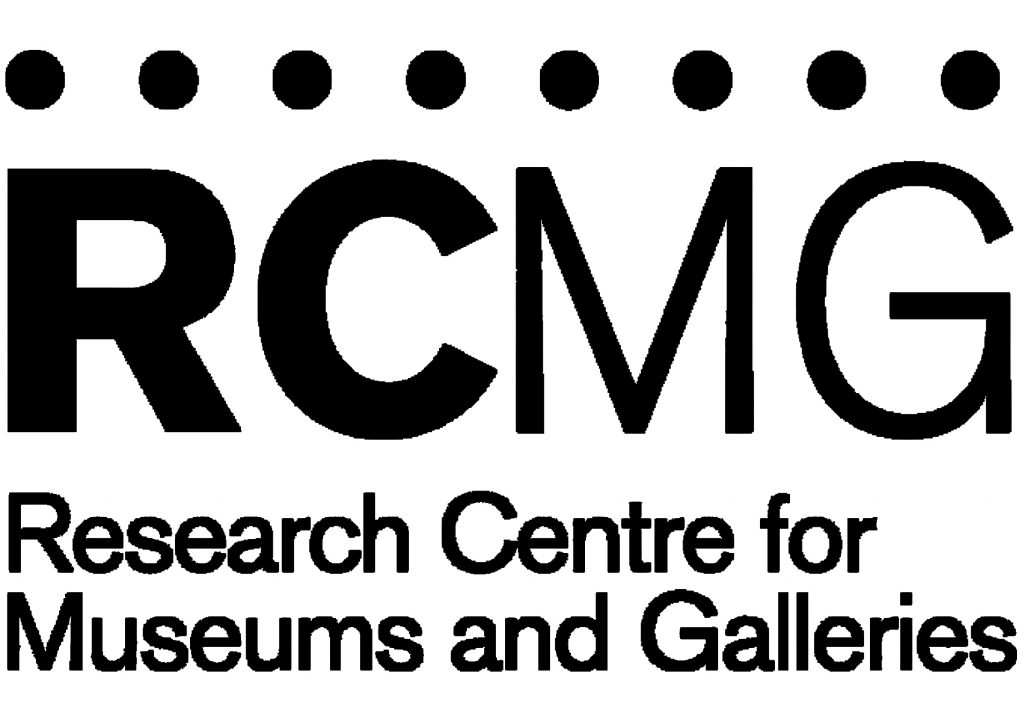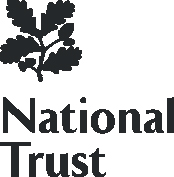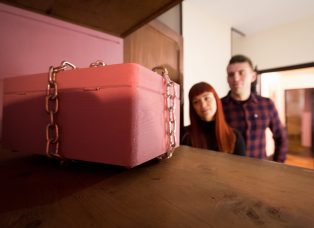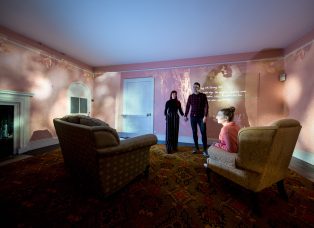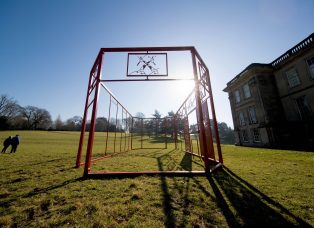What if arts and culture could help people to feel less lonely and isolated?
Cultural organisations such as museums and historic houses are uniquely placed to help make a difference to those who are lonely or socially isolated. From the very first ‘welcome’, they can model forms of human interaction that are required in the fight against loneliness. Through their interpretation and displays, they can open up thoughtful reflection on the world in which we live and the ways in which many people are struggling to build relationships and find meaning.
Although a range of organisations (including government, business, health and community) are engaging with, and have the potential to, contribute to the prevention of loneliness, the cultural sector is strangely absent from discussions and reports (Jo Cox Commission on Loneliness 2018). Yet, cultural organisations have the potential to respond by working to enable profound and deeply social opportunities for experience and action which, in their own small ways, can be more powerful than even the most vocal of campaigns.
HumanKind explores how, in very practical ways, cultural organisations can get involved in this pressing social issue and have a significant impact in all our lives.
Loneliness and social isolation are challenging issues for society. Over 9 million adults in the UK are often or always lonely, and loneliness, living alone and poor social connections are as bad for our health as smoking 15 cigarettes a day. Some people are more vulnerable to loneliness and social isolation, including older and disabled people, but anyone, of any age or background, can feel lonely even if surrounded by friends and family (Campaign to End Loneliness; Jo Cox Commission on Loneliness).
Loneliness and social isolation are difficult and complex issues and there are many reasons why people might be, or feel, lonely. Yet we can all help to make a difference by reaching out, for example, through small acts of kindness.
HumanKind is a research-led collaboration between the National Trust and the Research Centre for Museums and Galleries (RCMG) at the University of Leicester.
